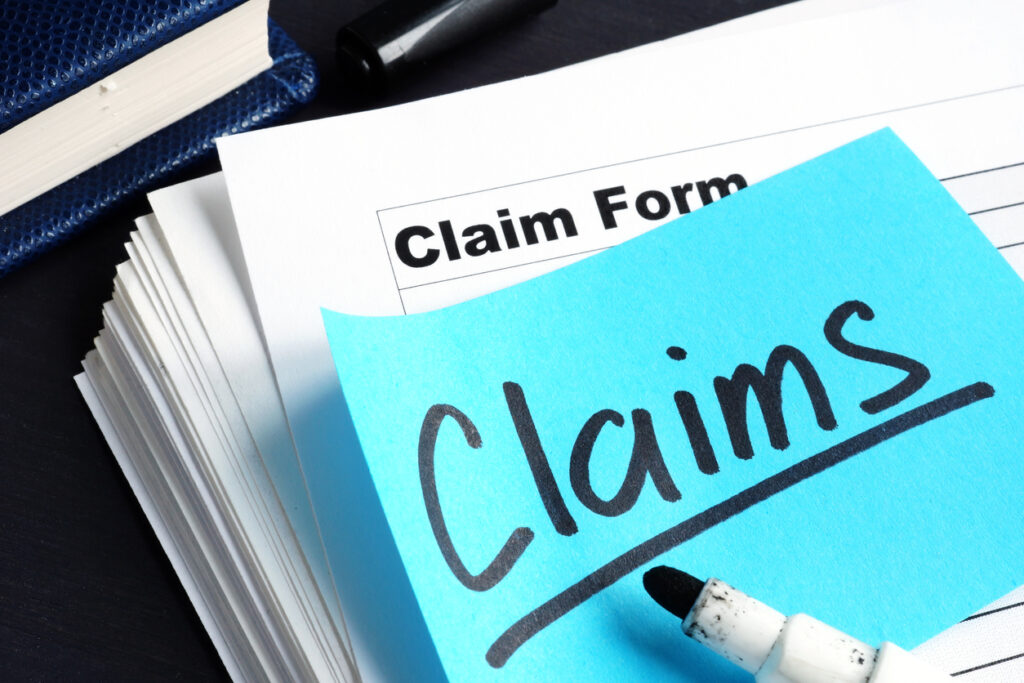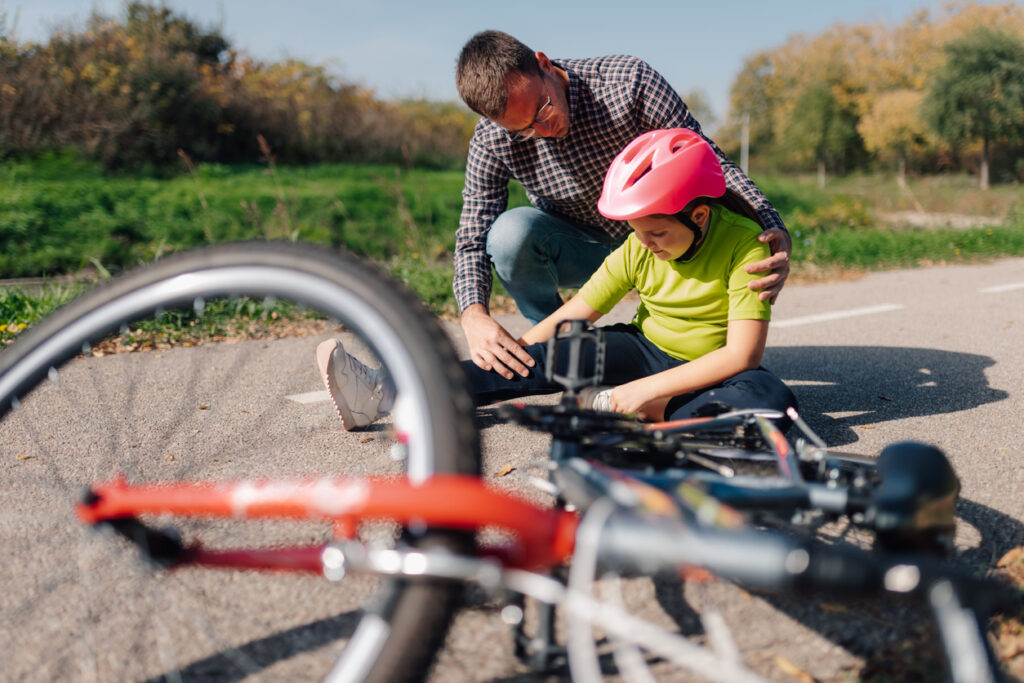- 2 Nov 2025

When pursuing a bicycle accident claim in San Jose, many injured cyclists make critical errors that reduce their chances of recovering fair compensation. Filing a claim after a collision is not only about telling your side of the story; it requires proper documentation, adherence to California’s legal deadlines, and avoiding actions that could undermine your credibility. Understanding the most common mistakes can mean the difference between a successful claim and one that falls short.
This guide explores the pitfalls that cyclists should avoid, explains how each mistake impacts compensation, and provides insight into legal standards surrounding bicycle accidents in California.
Failing to Seek Immediate Medical Attention
One of the most damaging mistakes in a bicycle accident claim in San Jose is delaying medical treatment. Many cyclists assume that minor injuries will heal on their own, or they wait until symptoms worsen. Insurance companies often use this delay to argue that the injuries were not serious or not directly related to the accident.
Under California personal injury law, medical records are essential for linking injuries to the collision. Prompt medical attention provides a clear timeline, ensuring that the treatment is connected to the accident. Without this documentation, the strength of the claim is significantly reduced.

Not Reporting the Accident to the Police
Another mistake is neglecting to report the accident to law enforcement. A police report provides an official record that supports the details of the incident, including statements from witnesses, the involved parties, and sometimes photographs of the scene. Without it, an insurer may claim there is insufficient proof that the accident occurred as described.
San Jose cyclists should know that under California Vehicle Code Section 20008, accidents causing injury or death must be reported to the police within 24 hours. Failing to do so can complicate a bicycle accident claim in San Jose and weaken the case before it even begins.
Providing Recorded Statements Too Early
Insurance adjusters often request recorded statements shortly after a crash. Many cyclists believe they are required to comply immediately, but this is not the case. Speaking too soon, especially before fully understanding the extent of injuries, can lead to statements that are later used against the claimant.
When handling a bicycle accident claim in San Jose, it is important to provide accurate information but avoid rushing into recorded interviews. Instead, claimants should ensure they have reviewed medical records, accident details, and consulted with resources before speaking on record.
Overlooking Comparative Negligence Rules
California follows a comparative negligence system, meaning compensation can be reduced based on the cyclist’s share of fault. A common mistake in a bicycle accident claim in San Jose is underestimating how small details—such as not wearing reflective gear or failing to use a designated bike lane—can be presented as contributing negligence.
Insurance companies often highlight these factors to minimize payouts. Awareness of comparative negligence helps cyclists prepare a stronger defense, ensuring the claim accounts for all relevant circumstances.
Posting About the Accident on Social Media
In today’s digital environment, many claimants unintentionally damage their bicycle accident claim in San Jose through social media. A simple post about feeling fine or pictures of physical activity can be used to challenge the severity of injuries. Even comments from friends or family can be taken out of context.
Courts have recognized social media posts as admissible evidence. The safest approach is to limit online activity until the claim is resolved.
Accepting a Settlement Too Quickly
Cyclists often accept early settlement offers because they want immediate financial relief. However, initial offers from insurance companies rarely reflect the true value of a bicycle accident claim in San Jose. These offers may not account for long-term medical expenses, rehabilitation, or loss of earning capacity.
California law allows injured parties to pursue compensation that covers both economic and non-economic damages. Accepting a quick settlement before understanding the full extent of injuries almost always results in under-compensation.
Incomplete Documentation of Damages
A well-prepared bicycle accident claim in San Jose requires thorough documentation. Many claimants focus only on medical bills and overlook other losses such as future treatments, missed workdays, or property damage to the bicycle.
Photographs, receipts, medical records, and employment verification letters all contribute to building a comprehensive claim. Missing documentation reduces the ability to demand full compensation. According to the National Highway Traffic Safety Administration, documentation is one of the key factors in accurately assessing accident-related damages.
Ignoring Filing Deadlines
Another major error is missing the statute of limitations. In California, the deadline for filing a personal injury claim is generally two years from the date of the accident. For claims against government entities, the deadline is much shorter—only six months.
Missing these deadlines results in forfeiture of the right to compensation. Cyclists pursuing a bicycle accident claim in San Jose should keep careful track of these time limits to avoid losing their legal rights.
Overlooking the Role of Witnesses
Eyewitness accounts play an important role in corroborating the cyclist’s version of events. A mistake often made is failing to collect contact information from witnesses immediately after the collision. By the time the claim progresses, it may be too late to track them down.
Witnesses can clarify fault, provide details about driver behavior, or describe road conditions that support the bicycle accident claim in San Jose. Without these accounts, claimants are left relying solely on their own testimony, which insurers may challenge.
Misunderstanding Insurance Coverage
Cyclists sometimes assume that their claim will only involve the driver’s auto insurance. In reality, multiple policies can come into play, including the cyclist’s own uninsured/underinsured motorist coverage. Overlooking this can leave compensation on the table.
In a bicycle accident claim in San Jose, failing to explore all avenues of insurance coverage may result in lower compensation than what is legally available. Reviewing every applicable policy ensures that the claim addresses all potential sources of recovery.
For those interested in a detailed breakdown of the claims process, reviewing this guide on bicycle accident claim in San Jose offers further insights into the complexities of pursuing compensation.
Conclusion
Filing a bicycle accident claim in San Jose requires careful attention to detail, from reporting the accident promptly to avoiding premature settlements. Common mistakes—such as delaying medical care, failing to document damages, or underestimating the impact of comparative negligence—can significantly weaken a claim.
By avoiding these errors, cyclists improve their chances of securing fair compensation that reflects both immediate and long-term losses. Awareness, preparation, and adherence to California’s legal standards are the foundation of a successful claim.
Recent posts
- 17 Oct 2025
Categories
- Accident & Injury Law (54)
- AI (1)
- Copyright Law (1)
- Criminal & Civil Law (17)
- Disability Law (2)
- Driving Law (2)
- Employment Law (1)
- Estate Planning (2)
- Family & Relationship Law (29)
- Food and Drink (2)
- Gas Exposure (1)
- Health (1)
- Immigration Law (2)
- Injury Claim (1)
- Insurance Law (7)
- Legal (40)
- Lemon Law (4)
- Mediation (3)
- Medical Malpractice (1)
- Property & Business Law (9)
- Severance Agreement (1)
- Travel and Leisure (1)
- Uncategorized (12)
- Worker Compensation (2)



